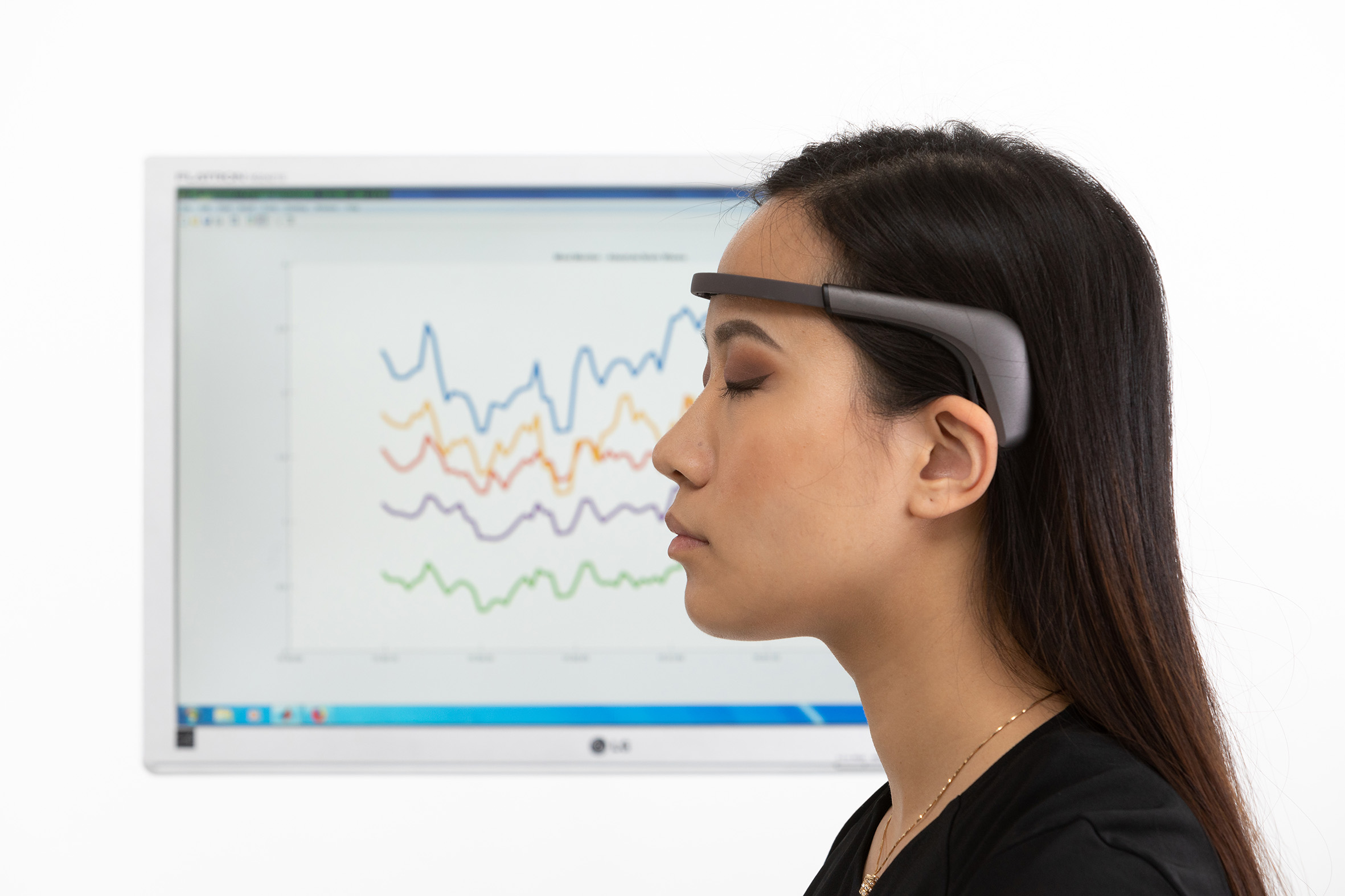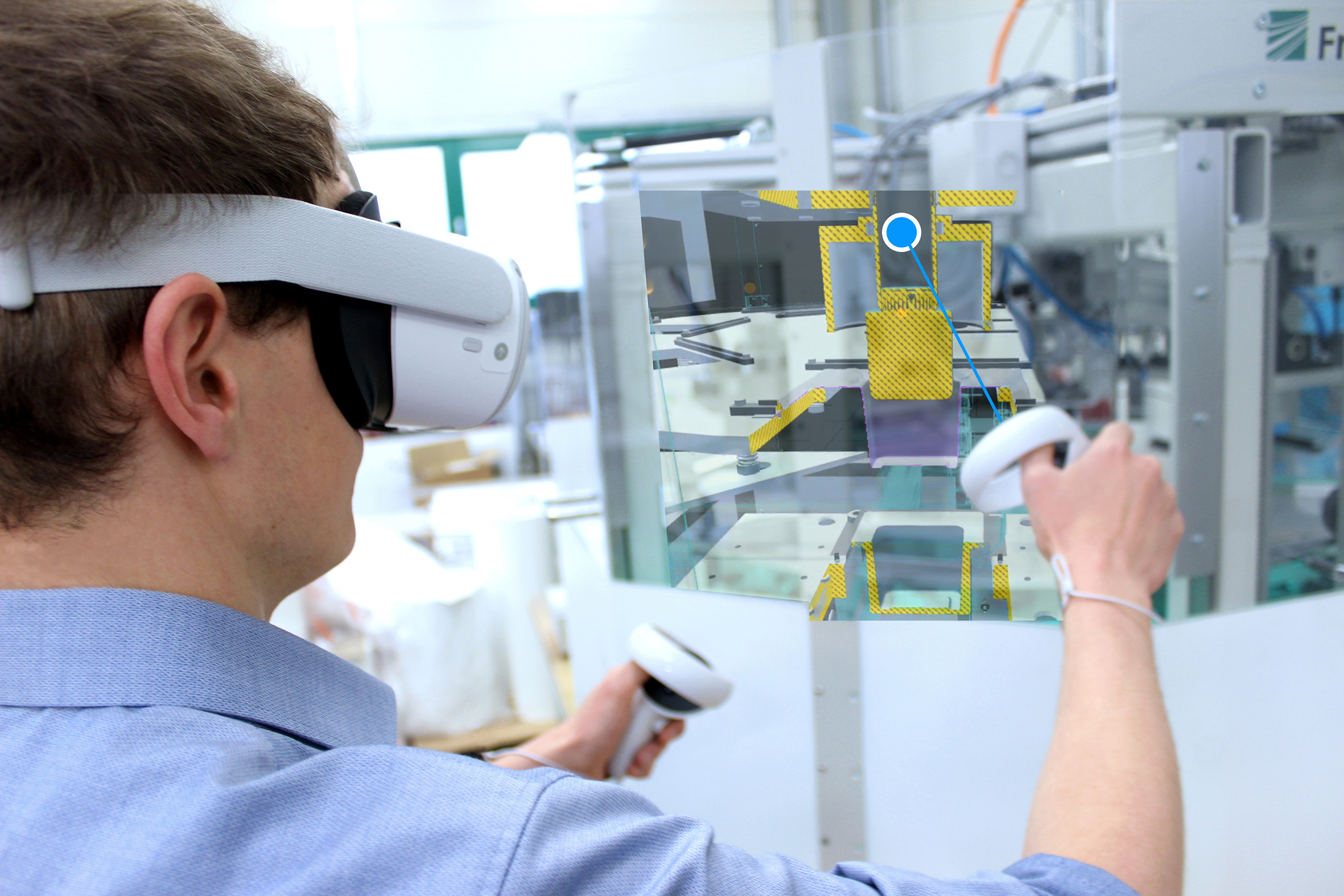Effective cosmetic products produced hygienically – the Fraunhofer IVV at CosmeticBusiness
At CosmeticBusiness, the Fraunhofer Institute for Process Engineering and Packaging IVV will be presenting a multi-sensory experience at the MOC Event Center Messe München on June 4-5, 2025. In Hall 2 at Stand A31, visitors will learn how cosmetic products with scientifically proven effects are developed. The Fraunhofer IVV supports companies in the development of products that appeal to all the senses. This includes the identification and extraction of innovative ingredients, their formulation and processing as well as the creation of an appealing packaging concept. The sustainable effectiveness of the products can be precisely measured and confirmed by legally validated claims. For safe and hygienic cosmetics production, the institute presents innovative technologies in a Clean & Smart area that enable safe production with needs-based cleaning processes. Simultaneously, they can qualify machine operators in virtual reality.


Cosmetics with an impact
Consumers today expect more than just good looks and a pleasant fragrance. They are looking for products that noticeably improve their well-being. With its expertise in multisensory perception and laboratory equipment, the Fraunhofer IVV develops safe and effective products that focus on the consumer. In the multisensory world of the trade fair stand, the institute focuses on the senses. Scientific expertise and creative innovation become a tangible experience.
EEG technology provides a fascinating insight into neurocosmetics. The Fraunhofer IVV will give a live demonstration at the stand on how it uses this technology to map the reaction to textures, fragrances and packaging in the brain. Using the example of specially developed extracts, it will be shown how fragrance compositions specifically arouse emotions and create a strong connection between product and consumer. The effect of various tailor-made emulsions can be felt directly on the skin - from feather-light to luxuriously rich. Various packaging materials can be used to discover and visualize how haptics can influence the perception of a product.
Claim testing increases product acceptance
Using state-of-the-art scientific methods, the Fraunhofer IVV tests the dermatological and psychophysiological efficacy of cosmetic products and enables legally validated marketing claims. Individual study designs provide well-founded proof of efficacy that increases product acceptance. Interdisciplinary analyses examine skin compatibility as well as emotional and physiological effects.
Gaining trust with demonstrable effects
Spotlight lecture on June 4, 2025 from 1:40-2:00 p.m.
In the lecture "Transparency in Cosmetics - Scientifically Proven Effects", Prof. Dr. Jessica Freiherr will present innovative research approaches on June 4, 2025. They make it possible to scientifically prove the psychophysiological effects of cosmetic ingredients and products. Companies can use these findings to position their products credibly and successfully and thus promote trust and clarity in the cosmetics industry, among consumers and retail partners. Using modern sensory methods, functional claims such as "refreshing & motivating", "calming & relaxing" or "concentration-enhancing" are precisely measured and scientifically substantiated.
Safe cleaning processes and virtual reality training
Fraunhofer IVV technologies for needs-based and resource-efficient cleaning can optimize production and cleaning processes. Additional efficiency and safety are achieved by using sensors for contamination detection. In addition, virtual reality training (VR training) for machine operators makes it possible to familiarize and train new employees without interrupting production. This increases the level of qualification and reduces operating errors, even by inexperienced personnel.
Last modified:
 Fraunhofer Institute for Process Engineering and Packaging IVV
Fraunhofer Institute for Process Engineering and Packaging IVV